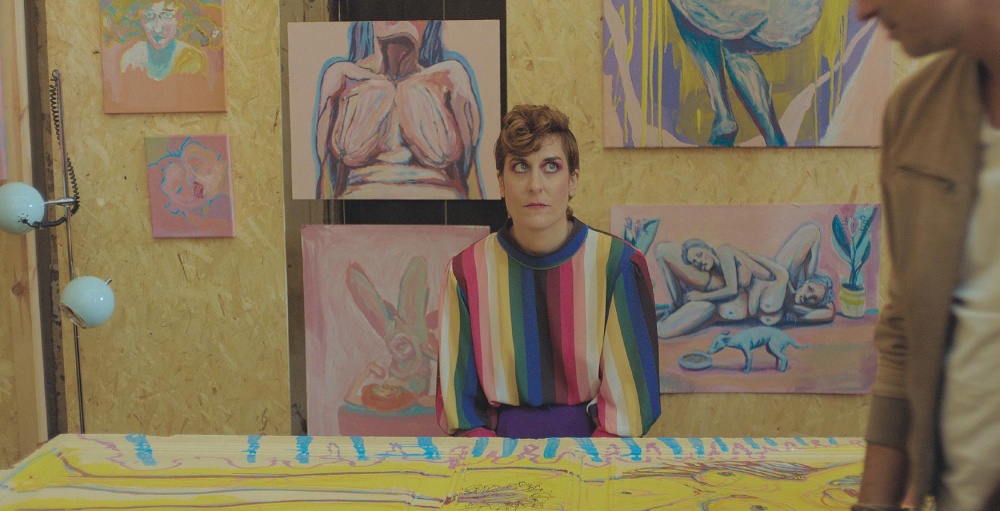Game on. Telefonica, Europe’s third biggest telecom, and Atresmedia, the co-originator of “La Casa de Papel” Parts 1 and 2, have announced their intent to launch a joint production-distribution colossus, for fiction series and movies.
The latest milestone move in the Spanish-language content market was unveiled not by chance on the first day of Spain’s San Sebastian Film Festival.
The highest-profile movie event in the Spanish-speaking world is going TV. Or, more accurately this Saturday Sept.21. it’s not TV, it’s HBO. And Movistar+, Netflix and Amazon.
HBO Europe unveils first footage from Patria, its signature Spanish series in its lengthy development, artistic ambition - an adaptation of Fernando Aramburu’s 646-page novel - and goal: To enhance the HBO viewing experience for Spaniards and beyond by a small-screen version of one of the most acclaimed takes on the biggest conflict in Spain’s recent history.
In prime festival real estate - Saturday afternoon and evening - Movistar+ unveils two of its major new titles: the first Movistar+ Original Film, Alejandro Amenabar’s While at War a plea for dialog in a divisive world; and Leticia Dolera’s eight-part “Perfect Life,” a near-40 women’s crisis dramedy.
Fun, frank, sometimes laugh-outloud funny, “Perfect Life” swept at April’s 2nd Canneseries TV festival both best series and best special performance for its female leads, Dolera herself, Celia Freijeiro and Aixa Villagrán.
That’s one sign of the global impact of Spanish series. Others will be discussed at a Saturday afternoon panel of that title at the San Sebastian Festival. Moderated by La Otra Pantalla’s Elene Neira, panelists feature Miguel Salvat at HBO España, “Elite” co-creator Darío Madrona at Zeta Audiovisual, Susana Herreras, at Movistar+, Amazon Prime Video Spain’s Ricardo Carbonero and Diego Ávalos, at Netflix.
One issue Neira will no doubt raise is the transposition into Spanish law of the E.U. Audiovisual Media Services Directive, obliging streaming platforms to carry 30% Spanish or European content and, if Spain’s government require it, to invest a percentage of revenues from Spain in local production.
Another subject for debate may well be why Spanish series have begun to achieve such a global impact, and how to take advantage of that.
The round table takes place two months after La Casa de “Papel-Money Heist” - Part 3 was watched by 34,355,956 Netflix household accounts over its first seven days, after a July 19 global launch.
One reason for the impact may be a generation of screenwriters - think Alex Pina, Ramon Campos, Javier Olivares Daniel Ecija - who introduced a U.S. pace and narrative thrust into Spanish fiction from the mid-90s and, once given creative freedom by broadcasters, have brought a cable flair to productions, often for free-to-air networks such as Atresmedia.
They have now been joined by notable film director-writers. Spain has many competitive assets. None greater maybe, however, than its screenwriters.
John Hopewell





